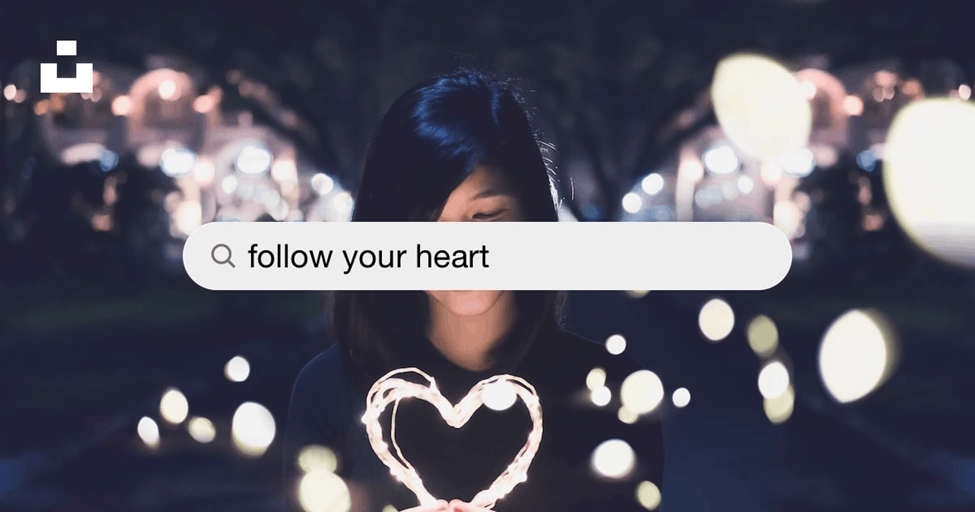The Dark Side of Entertainment: How Excessive Media Consumption Impacts Society

The dark side of entertainment: how excessive media consumption impacts society
Entertainment has evolved from occasional leisure activity to constant companion. While it provides joy, relaxation, and cultural connection, the unprecedented scale of modern entertainment consumption raise important questions about its effects on society. This examination explore how entertainment, when consume overly or uncritically, may contribute to societal problems.

Source: ericnisall.com
The attention economy and its consequences
Modern entertainment operate within what experts call the” attention economy ” a marketplace where human attention is the primary commodity. Tech companies and content creators compete ferociously for our limited attention spans.
This competition has created entertainment design to trigger dopamine responses through constant novelty, controversy, and stimulation. The result? Many people struggle to focus on less straightaway rewarding but more important activities like deep reading, thoughtful conversation, and creative pursuits.
Studies show the average American spend over 11 hours daily consume media. This leave precious little time for activities that historically build community bonds and civic engagement. As entertainment becomes progressively personalize and on demand, the share cultural experiences that erstwhile united diverse populations diminish.
Shorten attention spans and cognitive impacts
Research suggest that constant exposure to fasting pace, extremely stimulating entertainment may reshape neural pathways. Many educators report students struggle with sustained attention and deep reading comprehension.
A Microsoft study find the average human attention span has decrease from 12 seconds in 2000 to fair 8 seconds today – shorter than a goldfish. While many factors contribute to this trend, the rise of bite sized, quickly change entertainment content play a significant role.
Dr. Michael rich, director of the center on media and child health at Boston children’s hospital, note:” the brain is plastic and adapts to the environment. When that environment is fill with constant stimulation and immediate rewards, the brain become less adept at deeper, more time intensive cognitive processes. ”
Reality distortion and social comparison
Entertainment media frequently present distorted versions of reality that can shape viewers’ perceptions and expectations.
Unrealistic beauty and lifestyle standards
From airbrush magazine covers to cautiously curate social media feeds, entertainment oft present unattainable standards of beauty, success, and happiness. These images contribute to widespread social comparison and dissatisfaction.
Research systematically link heavy social media use with increase depression, anxiety, and poor body image, especially among young people. The cautiously edit highlights of others’ lives create a false impression that everyone else is live more exciting, successful lives.
The rise of influencer culture air blur the line between authentic experience and performance, as everyday activities become opportunities for content creation quite than genuine living.
Distorted perceptions of violence and risk
Entertainment media frequently overrepresent certain dangers while underrepresented others. Heavy consumers of crime shows and news tend to overestimate their risk of violent victimization, a phenomenonknowsw ” ” mean world syndrome. ”
This distortion can lead to unnecessary fear, support for excessive security measures, and decrease trust in communities. Lag, more common but less dramatic risks receive less attention, create skewed risk perception.
Passive entertainment and declining creativity
As entertainment become more sophisticated and immersive, it progressively replaces activities that require active participation and creativity.
The shift from creation to consumption
Previous generations oftentimes create their own entertainment through storytelling, music making, crafts, and games. Today, many people principally consume professionally create content instead than produce their own.
While this shift provide access to high quality entertainment, it may diminish the creative capabilities and confidence of individuals. The satisfaction of create something, nonetheless amateur, differ essentially from the pleasure of consumption.
Child development experts specially worry about this trend. Unstructured play and creative activities are crucial for develop problem solve skills, emotional regulation, and imagination. When screens replace these activities, important developmental opportunities may be lost.
The decline of boredom
Constant access to entertainment eliminates moments of boredom – which research suggest may be detrimental to creativity and problem-solving. Boredom create mental space for mind wandering, daydreaming, and connect disparate ideas – all crucial components of creative thinking.
Psychologist sand mMannexplain: ” oredom is not a negative state that should bebe avoidedIt’s really a rattling functional emotion that push us on to new things and give us a sense of exploration and discovery. ”
With entertainment e’er available, fewer people experience productive boredom that might differently lead to creative pursuits or innovative thinking.
Erosion of community and relationships
Peradventure the about concerning impact of excessive entertainment consumption is its effect on human relationships and community bonds.
The decline of shared experience
As entertainment options multiply and fragment, fewer cultural touchpoints unite diverse groups. In previous eras, limited media options mean more people share common references and experiences.
Today’s personalize recommendation algorithms create” filter bubbles ” here people consume progressively specialized content align with exist preferences. This fragmentation make it harder to find common ground in conversations and relationships across different groups.
Distract living and relationships
The constant presence of entertainment options create what sociologist sherry turtle call” lone unitedly ” physically present but mentally elsewhere. Many families report meals interrupt by phones, conversations compete with screens, and bedrooms fill with devices.
Research indicate that yet the mere presence of a smartphone reduce the quality of face to face interactions. People report these interactions as less meaningful and empathetic when devices are visible, yet when not actively use.
The habit of turn to entertainment during moments of discomfort or awkwardness may prevent the development of crucial social skills and emotional resilience. Learn to navigate difficult conversations, sit with uncomfortable emotions, and engage with different perspectives require practice that entertainment frequently displaces.
Values and character formation
Entertainment doesn’t exactly occupy time – it shapes values, especially for young people develop their worldview.
Consumerism and materialism
Much entertainment explicitly or implicitly promote consumption as the path to happiness. Product placement, influencer marketing, and advertisements create a constant stream of messages suggests that buy more leads to greater satisfaction.
Studies show heavy media consumers tend to place higher importance on material possessions and report lower life satisfaction. This materialistic orientation correlate with higher rates of depression, anxiety, and relationship problems.
Instant gratification culture
Modern entertainment oftentimes provide immediate rewards with minimal effort – a pattern that may reduce tolerance for delayed gratification. Streaming services remove wait between episodes, games provide constant rewards, and social media deliver immediate feedback.
This conditioning make activities require persistence and delay rewards – like education, skill development, and relationship building – seem less appealing by comparison. The ability to delay gratification powerfully predict long term success across many life domains.
Find balance: entertainment’s proper place
Despite these concerns, entertainment itself isn’t inherently harmful. The key lie in how we approach it.
Mindful consumption
Approach entertainment inadvertently instead than habitually make a significant differenceThis isis mean:
- Set intentional limits on entertainment time
- Choose content that align with personal values
- Being aware of how different content affect mood and think
- Create tech free zones and times in daily life
- Regularly evaluate entertainment habits and their effects
Active vs. Passive engagement
Not all entertainment affect us evenly. Active engagement – discuss content critically, create in response to inspiration, or use entertainment as a springboard for learn – transform consumption into something more valuable.
Parents can model this by discuss shows and movies with children, ask questions about content, and encourage creative responses kinda than passive viewing.
Balancing entertainment with creation
Make space for both consumption and creation restores balance. This might mean:
- Set aside time for creative hobbies without digital distractions
- Participate in community activities and in person social events
- Practice skills that require sustained attention and effort
- Engage with challenging content that expand perspectives
- Create technology free opportunities for boredom and mind wander
The path forward: reclaim agency
Entertainment isn’t ruin society, but our relationship with it matter enormously. The key distinction lie between entertainment as occasional pleasure versus constant default.
As media theorist Neil postman warn:” aAmericansno hanker talk to each other, they entertain each other. They do not exchange ideas, they exchange images. They do not argue with propositions; they argue with good looks, celebrities and commercials. ”
This warning remain relevant. When entertainment displaces civic engagement, deep relationships, creative pursuits, and intellectual growth, society suffer. The solution isn’t eliminated entertainment but reclaim agency over how it fit into our lives.
Communities can support healthier relationships with entertainment by:
- Create more opportunities for face to face connection
- Develop media literacy education for all ages
- Support libraries, community centers, and public spaces that encourage active participation
- Model healthy technology habits in families and schools
- Design urban spaces that encourage interaction instead than isolation
Conclusion
Entertainment become problematic when it shifts from enhancement to replacement – when itsubstitutese for instead than supplements authentic living. Thvirtual concernrn aspects emerge when entertainment become the default set for human experience instead than a deliberate choice.
By approach entertainment inadvertently, we can enjoy its benefits while avoid its pitfalls. The goal isn’t puritanical rejection of pleasure but thoughtful integration of entertainment into lives rich with diverse experiences, meaningful relationships, and active engagement with the world.
The question isn’t whether entertainment ruin society, but how we can develop a healthier relationship with it – one that enhance instead than diminish our humanity. In this balanced approach lie the path to entertainment that enrich instead than impoverish our collective and individual lives.

Source: opinyon.net






